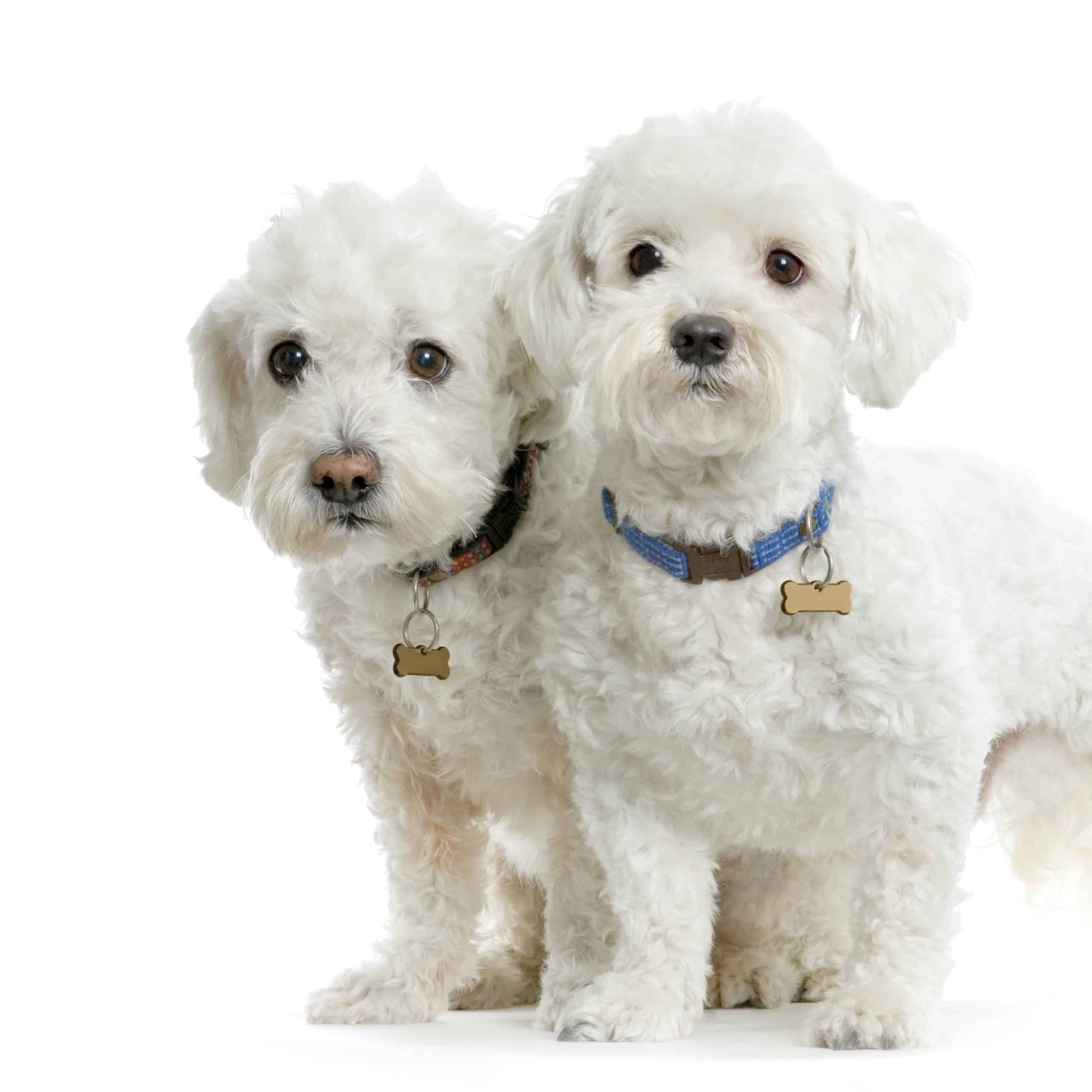What Are the Most Effective Ways to Manage Shedding in Double-Coated Dog Breeds?

As a pet owner, you’re likely accustomed to a certain level of shedding from your furry friend. But when you’ve got a double-coated dog breed, such as a Siberian Husky or a Shetland Sheepdog, the shedding can sometimes seem incessant. However, with the right knowledge and tools, you can manage this process effectively. This article will explore the most effective ways to manage shedding in double-coated dog breeds.
Understanding the Double Coat
Before we dive into shedding management strategies, it’s important to understand what a double coat is and why it causes more shedding than a single coat.
Cela peut vous intéresser : How to Choose the Right Size and Type of Birdcage for a Pair of Cockatiels?
A double coat refers to the two layers of fur that certain dog breeds have. The undercoat is a layer of denser, shorter fur that provides insulation against both cold and heat. The outer coat, or guard hairs, are longer and protect against environmental elements such as rain or snow. The shedding process, also known as "blowing the coat," is a natural part of a double-coated dog’s life.
Typically, the undercoat will shed heavily twice a year, usually in spring and autumn. However, factors like indoor living conditions, diet, and health can influence the frequency and amount of shedding. Understanding this process is crucial in managing your dog’s shedding effectively.
En parallèle : How to Develop a Positive Reinforcement Training Plan for a Stubborn Bulldog?
Regular Brushing is Key
One of the most critical steps in managing your dog’s shedding is regular grooming. Consistent brushing is essential for maintaining a healthy double coat.
Brushing helps to remove loose hair, distribute natural oils throughout the coat, and prevent painful matting. For double-coated breeds, a brush that can reach the undercoat is ideal. Tools like an undercoat rake or a slicker brush are excellent choices.
Start by brushing the surface of the coat to remove loose guard hairs, then focus on the undercoat. Be gentle to avoid damaging the skin or pulling on the fur. Depending on the amount of shedding, you might need to brush your dog a few times a week or even daily during the shedding season.
Diet and Supplements
The quality of a dog’s diet directly impacts its coat’s health. A balanced diet rich in essential nutrients can aid in reducing excessive shedding. Dogs need a sufficient amount of protein, fats, and specific vitamins for a healthy coat.
Many vets recommend omega-3 and omega-6 fatty acids for their skin and coat benefits. These can be found in fish oil supplements or foods like salmon and flaxseeds. If you’re considering dietary changes or supplements, consult your vet to ensure they’re appropriate for your dog’s specific needs.
Professional Grooming Services
While regular home grooming is vital, professional grooming services can also be beneficial, especially during peak shedding seasons. Professional groomers possess the skills and tools to handle the dense undercoats of double-coated breeds.
A professional groomer can perform a de-shedding treatment, which involves a bath with a high-velocity dryer that helps to loosen and remove more undercoat. They can also check for any skin conditions or issues that you might have missed.
Remember, never shave a double-coated breed. It may seem like a practical solution to shedding, but it can cause damage to the guard hairs and impact the coat’s ability to regulate temperature effectively.
Regularly Check for Health Issues
Lastly, it’s worth noting that excessive shedding can sometimes be a sign of underlying health problems. Issues like allergies, parasites, or skin diseases can cause more shedding than usual.
Regular vet check-ups are important in catching any potential health problems early. If you notice a sudden change in your dog’s shedding patterns or if the shedding is accompanied by other symptoms like itching or changes in behavior, schedule a visit to the vet as soon as possible.
In conclusion, managing shedding in double-coated dog breeds is a multifaceted process that includes regular brushing, a balanced diet, professional grooming, and routine health check-ups. By understanding your dog’s coat and adopting these strategies, you can help keep their shedding manageable and ensure they’re comfortable and healthy year-round.
The Role of Dog Sports in Shedding Management
Dog sports can also play a vital role in managing your double-coated dog’s shedding. Regular exercise helps to stimulate hair growth and shedding, allowing your dog’s coat to maintain its natural cycle. This can help to reduce the intensity of the shedding seasons somewhat.
Participation in dog sports can provide the necessary stimulation and exercise for your dog. Sports such as agility, herding, and flyball are excellent for double-coated breeds. These activities help enhance your dog’s physical condition while also stimulating their minds.
However, it’s crucial to remember that different dog breeds have different exercise needs. High-energy breeds like Siberian Huskies or Australian Shepherds will require more strenuous exercise than more low-energy breeds like Shih Tzus or Bulldogs. Always make sure the type and intensity of exercise are suitable for your dog’s breed, size, and overall health.
Moreover, taking part in dog sports can help to strengthen the bond between you and your dog. This can impact positively on your dog’s overall health and wellbeing, contributing to a healthier coat and reducing excessive shedding.
The Importance of the Right Tools
When it comes to managing shedding in double-coated breeds, the right tools can make all the difference. As mentioned earlier, a good slicker brush or undercoat rake can help to dislodge loose hair from the undercoat effectively.
However, every double-coated dog breed is different, and what works well for one type of coat may not work as well for another. For instance, the top coat of a Shetland Sheepdog is different from that of a Siberian Husky, and thus, they may require different types of brushes.
It’s also important to have a good vacuum cleaner at hand. Double-coated dogs can leave a lot of hair around the house, particularly during peak shedding seasons. A good pet hair vacuum can help to keep your home clean and free from dog hair.
In addition to a brush and vacuum, grooming gloves can also be an effective tool in managing shedding. These gloves are designed to capture loose hair as you pet your dog, offering a more straightforward and less invasive way to groom your pet.
Conclusion
Shedding can be one of the most challenging aspects of owning a double-coated dog breed, but with a bit of patience, the right tools and strategies, it’s entirely manageable. Remember, the key to effective shedding management lies in understanding your dog’s coat cycle and needs, regular grooming, a balanced diet, taking part in stimulating dog sports, and keeping an eye out for potential health problems. By following these tips, you can ensure that your dog’s coat stays healthy and vibrant while also keeping your home relatively fur-free. Remember, shedding is a normal part of your dog’s life, and while it can be messy, it’s also a sign of a healthy double coat.
